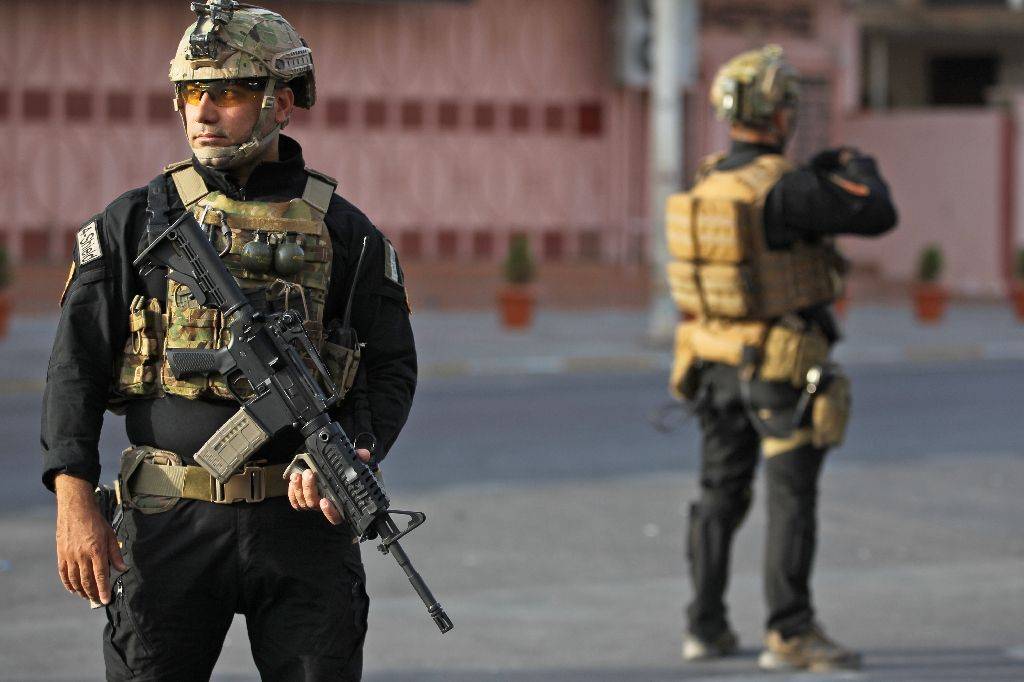African Countries Attempt Shutting Down Everything To Confront COVID-19—Including Businesses

No harm, no foul? Not in the case of a global pandemic that has already peeled off USD 29 Bn from African economies. After locking out the rest of the world to inhibit the further entrance of COVID-19, “coronavirus lockdown” now seems a catchphrase in an increasing number of African nations.
Senegal & Ivory Coast
For starters, Senegal and its West African neighbor Ivory Coast, declared states of emergency at the beginning of the week. On its part, Senegal is imposing a dusk-to-dawn curfew.
The move was announced by the president, Macky Sall, after the confirmed coronavirus cases in the country went up to 79. The curfew will go from 8PM to 6AM everyday, affecting public spaces, private meetings, and businesses.
The same goes for Ivory Coast, whose confirmed cases are now 75. Last week, the country shuttered nightclubs and cinemas, a move the presidency has, however, said proves inadequate. So it’s easy to assume more measures would be put in place.
President Alassane Ouattara announced a 9PM to 5AM curfew, the closing of all restaurants and a ban on “unauthorised” travel between the seaside commercial capital of Abidjan and the country’s interiors.
South Africa
About 15 hours ago from now, President Cyril Ramaphosa finally went to press to announce a 21-day lockdown in South Africa. The coronavirus lockdown will begin on the midnight of Thursday (March 26) and people will not be allowed to leave their homes except under strictly controlled circumstances.
The directive affects all shops and businesses operating in the country, with an exception for those who provide essential services for people to combat the virus.
However, for those who are homeless and cannot afford self-isolation, temporary shelters will be set up. Also, security and medical personnel are not affected by the lockdown.
Democratic Republic Of Congo
DRC’s second-largest city initiated a lockdown for 48 hours. Though there has been no confirmations whether it will be extended, it is likely because the country now has 30 cases of COVID-19.
On the business side of the coronations lockdown, security forces were deployed to make sure stores were closed in the city of Lubumbashi, southeast of the country.
Two people suspected to be carriers of the virus arrived in the country on a flight from Kinshasa, the capital of the Democratic Republic of Congo.
Even though the country’s health ministry says the two were not infected, companies have already moved from Monday to begin downsizing their operations.
In neighboring Lualaba province, Glencore’s Kamoto Copper Company (KCC) mine, a copper and cobalt project, repatriated 26 foreign workers on Monday in response to the outbreak, a union official told Reuters.
Nigeria
Schools, offices, churches, transportation hubs, hotels and event centres are finding it quite hard to operate in Nigeria, especially in Lagos where the government is trying to initiate a coronavirus lockdown.
The North-west Governors’ Forum has directed that schools within the region should be closed for 30 days. Meanwhile, Lagos, Africa’s largest city, seems assailed on all fronts.
It has the most COVID-19 cases in the country, has just entered into rainy season and recorded by-the-side occurrences just as a pipeline explosion and a resistance to lockdown directives.
Even though a total lockdown is not yet official—perhaps for feasibility reasons—tech companies are starting to work from home. Nevertheless, per a Friday order by Governor Sanwo-Olu, all tertiary institutions in Lagos State have closed their gates.
Algeria
Algeria is the second worst-hit country in Africa as per the COVID-19 outbreak, with 264 cases. A full coronavirus lockdown was initiated on Monday (March 23) by President Abdelmadjid Tebboune for the Wilayat of Blida where the country’s Chréa National Park is located.
The government has also announced a partial lockdown for the capital, Algiers. A curfew has been implemented from 19:00 to 07:00 (Algeria’s local time).
Also, gatherings greater than two people are prohibited. Businesses are affected but food stores are allowed to remain open in rotation, though crowds must be avoided in the shops.
On March 17, the closure of all land borders and the suspension of all air and maritime links was announced. nevertheless, there was an exception for those transporting goods.
Other Measures
While the rest parts of the continent contemplate national coronavirus lockdowns, other countries have taken less encompassing measures.
Rwanda, for instance, has banned unnecessary movements outside homes, asides from healthcare and shopping. With 17 cases, the nation has directed all public and private employees to work from home.
| Country | Measures | Cases At Press Time |
|---|---|---|
| Angola | Air, land and sea borders closed | 36 |
| Ethiopia | 14-day quarantine for new arrivals | 12 |
| Republic of Congo | Border closure | 45 |
| Ghana | Border closure | 53 |
| Somalia | Ban on int'l flights | 1 |
| Burkina Faso | 2-week ban on int'l flights | 114 |
| Zimbabwe | Border closure | 3 |
| Kenya | Work from home, border closure | 25 |
| Rwanda | Work from home | 40 |
Featured Image: s.yimg.com